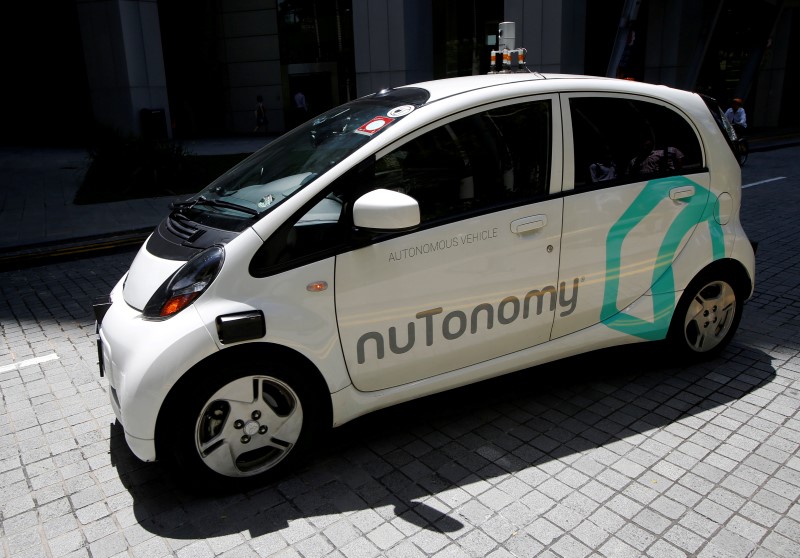Massachusetts lawmakers are proposing a tax on self-driving vehicles they say could prevent the rise of “zombie cars.”
Introduced in late January, the twin bills would tax self-driving cars per mile and allow large municipalities to ban them altogether, the Northeast-focused news website Metro reported. The bill set is being sponsored by state Sens. Tricia Farley-Bouvier and Jason Lewis, both Democrats.
The proposal is meant to curtail the rise of “zombie cars,” or driverless vehicles that drive in circles waiting for a customer instead of parking, Lewis told The Boston Globe. The bill set asks for a per-mile fee of at least $0.025.
“We could have situations where people with autonomous vehicles go somewhere and because there is either very little parking or because they don’t want to pay for parking, they could just have their cars just driving around and clogging up the roads,” Lewis recently told Metro, which covers Boston, New York, and Philadelphia.
The bill also requires self-driving cars to be marked as autonomous vehicles, be zero-emission vehicles if they weigh less than 8,500 pounds, store data required by the Massachusetts Registry of Motor Vehicles, and have a panic button.
Massachusetts state law does not address the testing of self-driving cars. The state is allowing NuTonomy, a Cambridge-based startup, to test its self-driving cars.
The Self-Driving Coalition for Safer Streets, which includes companies like Ford and Google, has called for the federal government to release regulations dictating the use of self-driving vehicles to avoid a state-by-state approach in which policies could vary greatly.
The National Highway Traffic Safety Administration released guidelines for self-driving vehicles in September that called for states to develop uniform policies for self-driving cars, but the guidelines don't set any kind of legal framework. Michigan was the first state to establish regulations for the testing, use, and eventual sale of self-driving cars in December.

